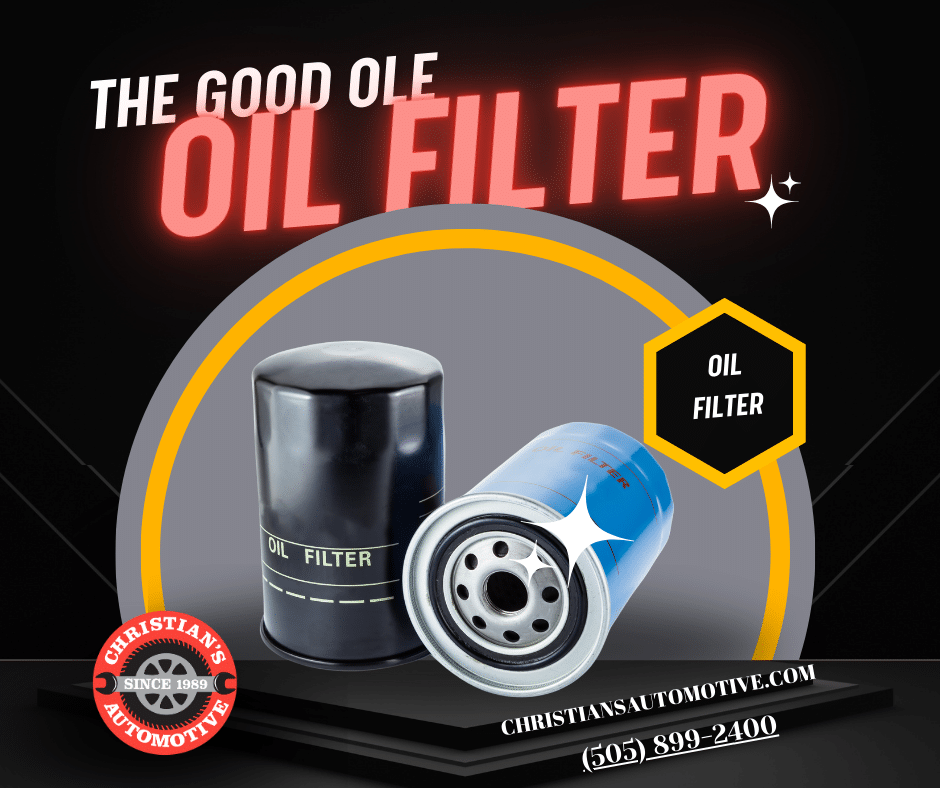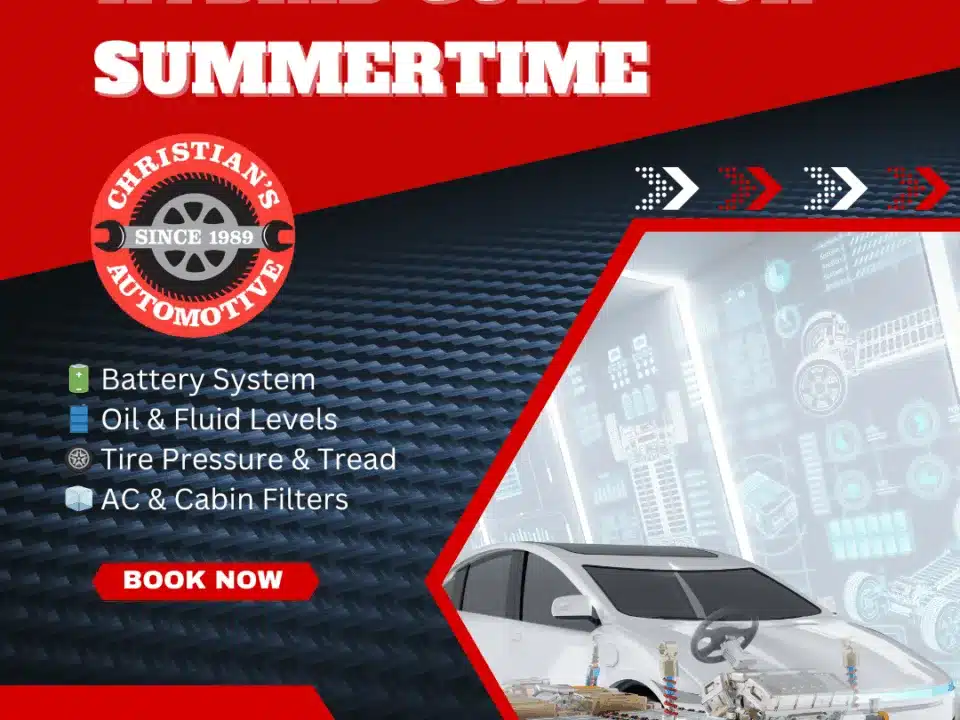
No Fuel, No Fire – The Fuel Filter delivers clean fuel
April 8, 2024
Understanding and Maintaining Your Car’s Battery and Tires
April 16, 2024In the realm of automotive maintenance, certain components receive a lion’s share of attention—your engine oil, brakes, and tires, to name a few. However, nestled within the intricate machinery of your vehicle lies an unsung hero that plays a pivotal role in ensuring the longevity and efficiency of your engine: the oil filter.
The Role of the Oil Filter
The primary function of the oil filter is to trap and remove contaminants from the engine oil that can accumulate over time as the oil keeps your engine clean and lubricated. These contaminants include metal particles, dirt, and byproducts of combustion. Without a functioning oil filter, these impurities could circulate through your engine, causing wear and tear on its components and significantly reducing its lifespan.
Why Regular Replacement is Critical
A common question among vehicle owners is whether it’s necessary to replace the oil filter with every oil change. The answer is a resounding yes. Over time, the oil filter can become clogged with trapped contaminants, losing its effectiveness. If left unchanged, a clogged filter can lead to reduced oil flow or, in extreme cases, complete blockage. This scenario forces the oil to bypass the filter through a relief valve, meaning unfiltered oil circulates within the engine, carrying contaminants that can cause wear.
Moreover, modern engines are designed to operate with clean oil for optimal performance and efficiency. Driving with old or contaminated oil, even for a short period, is not advisable as it could still result in damage or reduced efficiency of your vehicle..
Choosing the Right Oil Filter
Not all oil filters are created equal. The market is flooded with options, but how do you choose the right one? Performance, durability, and filtering capacity are key. For instance, high-quality synthetic oil filters claim efficiency ratings of 99% at 20 microns, offering superior protection against contaminants. It’s also crucial to ensure compatibility with your vehicle to avoid potential damage that incorrect filters can cause.
Pro Tips for Oil Filter Maintenance- Always replace the oil filter with every oil change. This ensures that your engine runs on clean oil, free from potentially damaging contaminants.
- Choose a quality oil filter. Opt for one that offers high efficiency and capacity for trapping contaminants to extend the life of your engine.
- Check for compatibility. Ensure the oil filter fits your vehicle model to prevent improper fitment issues that could lead to leaks or engine damage.
✕
- Always replace the oil filter with every oil change. This ensures that your engine runs on clean oil, free from potentially damaging contaminants.
- Choose a quality oil filter. Opt for one that offers high efficiency and capacity for trapping contaminants to extend the life of your engine.
- Check for compatibility. Ensure the oil filter fits your vehicle model to prevent improper fitment issues that could lead to leaks or engine damage.
The oil filter might be a small component of your vehicle’s engine, but its impact on the overall health and performance of your car is immense. By understanding its role, ensuring regular replacements, and choosing the right filter, you’re investing in your vehicle’s longevity and efficiency. Remember, when it comes to maintaining your car, the devil is in the details, and the good ole oil filter is a detail you can’t afford to overlook.




